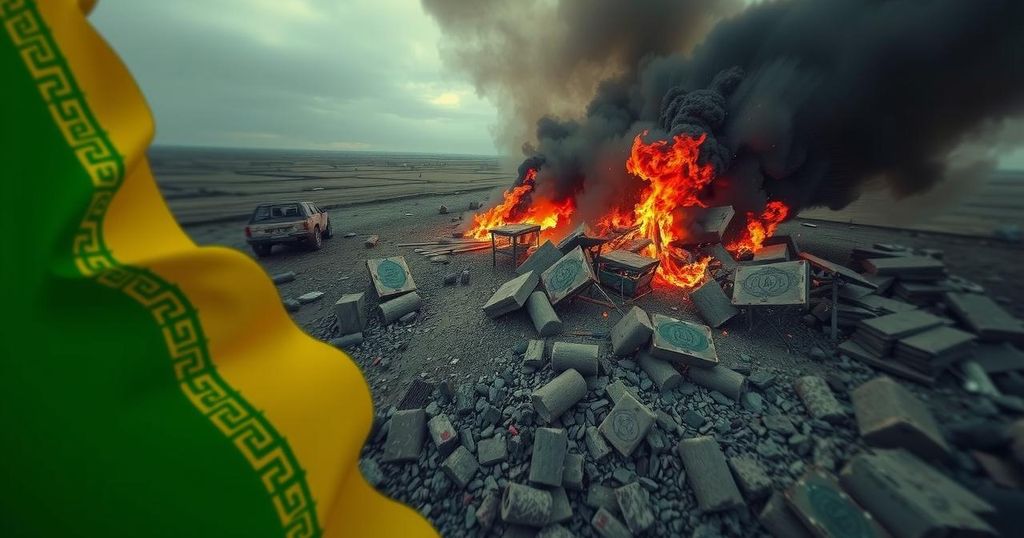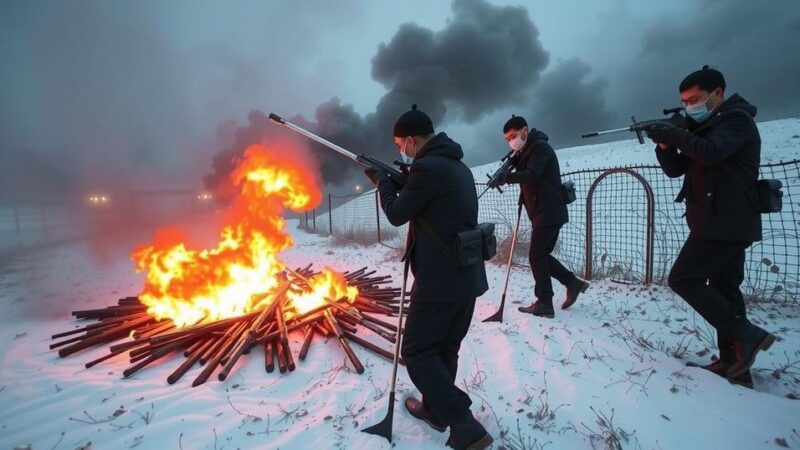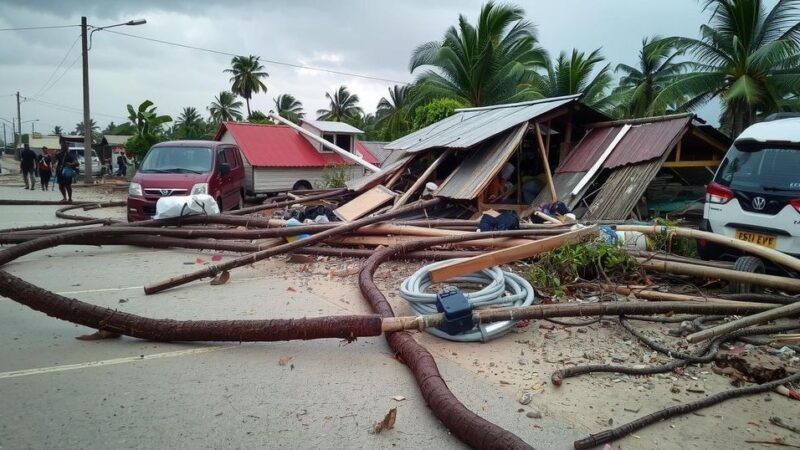The ceasefire between Hezbollah and Israel, brokered by the US and France, aims for stability but introduces complexities for Iran. Iran appears supportive of the ceasefire, viewing it as a means to preserve Hezbollah, amid challenges posed by renewed US pressures following the upcoming return of Donald Trump. The ceasefire allows Iran to redirect focus to other regional issues, while Hezbollah’s endurance against Israel remains a key narrative for Iran in framing its regional strategy.
The recently brokered ceasefire between Hezbollah and Israel, effective from late November through January 2025, has generated a complex reaction from Iran. While Israeli Prime Minister Benjamin Netanyahu claims the ceasefire allows Israel to refocus on Iran, Tehran perceives the truce cautiously positively. Despite Tehran’s criticism of the agreement’s favoritism towards Israel, it is believed that Iran influenced Hezbollah’s decision due to concerns of further weakening the Lebanese group in the ongoing regional conflict. Experts assert that Iran prefers a ceasefire as it allows for the preservation of Hezbollah’s military capabilities, which are critical for Iran’s deterrent strategy against Israel. This ceasefire also provides Iran the opportunity to concentrate on nuclear negotiations, military engagements in Syria, and manage internal issues without the breadth of conflict continuing between Hezbollah and Israel.
The dynamics of the ceasefire further illustrate how Iran could frame the narrative surrounding its strategy in the region, emphasizing Hezbollah’s resilience against Israeli military pressure. Although Israel has inflicted considerable damage on Hezbollah, including targeted assassinations and disruption of its supply lines, Hezbollah remains capable of conducting operations against Israel, thus illustrating its resilience. Iran and its allies will likely promote an image of Hezbollah emerging victorious from the negotiations. However, the impending return of former President Donald Trump to office introduces potential instability, which may exacerbate tensions between Iran and Israel, especially with the impending expiration of the ceasefire soon into Trump’s second term.
Anticipating increased US pressure on Iran, Tehran may strive to maintain the ceasefire as a strategic buffer against renewed hostilities and further US actions. Analysts suggest that while Iran may lack immediate incentives to escalate conflicts in Lebanon, the volatility of US-Iran relations, particularly with hardline figures within the Trump administration, could lead to an escalation. Overall, Iran’s high stakes in the ceasefire indicate a need for diplomatic navigation, potentially allowing Iran to position itself favorably amidst geopolitical uncertainty following the US elections.
The fragile ceasefire between Hezbollah and Israel commenced following intensified military operations by Israel aimed at countering Hezbollah’s influence in the region. The ceasefire is pivotal, as it not only addresses immediate military tensions but also shapes the strategic landscape for Iran and its allies in the Middle East. Hezbollah’s agreement to cease hostilities was perceived as necessary to preserve its military strength and operational capacity, which Iran relies upon as a means of deterrence against Israel. Furthermore, the evolving political dynamics, particularly with the upcoming return of Donald Trump to the US presidency, underscore the critical junctures at which this ceasefire stands as both a tactical setback for Israel and a moment of opportunity for Iran.
In summary, the Hezbollah-Israel ceasefire emerges as a critical juncture for Iran as it navigates its broader regional ambitions amidst shifting political landscapes. While the ceasefire may offer a strategic pause, the impending US administration changes introduce renewed uncertainties. Tehran’s preferable stance towards the ceasefire aligns with its protective measures for Hezbollah, representing both a deterrent and asset in their ongoing conflicts with Israel. Ultimately, Iran’s immediate focus will be on sustaining this ceasefire to avoid escalated confrontations in a context of rising pressures from the US and its allies.
Original Source: www.newarab.com







